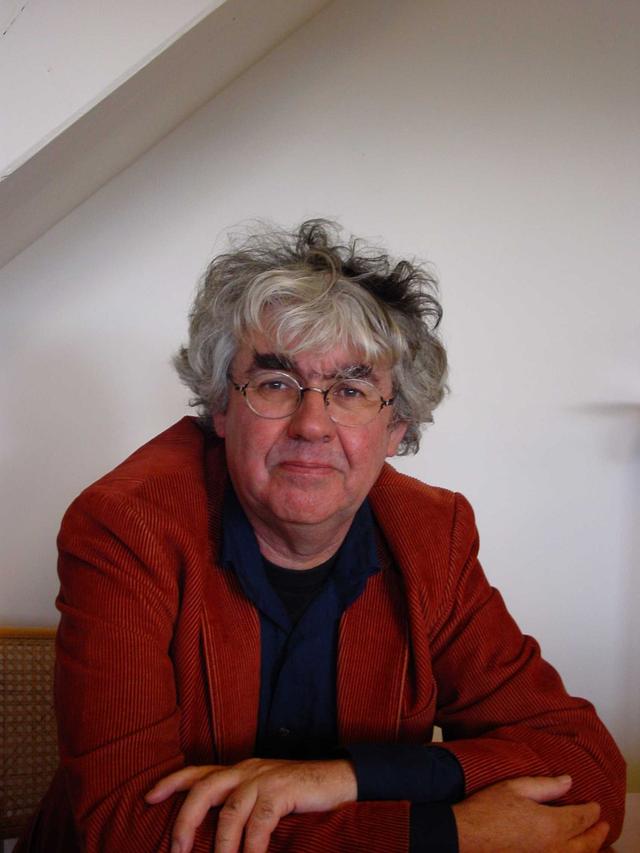Amsterdam: A Brief Life of the City
This book is intended for visitors, tourists and native Amsterdammers who want to learn more about the city’s roots, without having to dive into comprehensive historical tomes. Its compactness alone makes 'Amsterdam: A Brief Life of the City' unique. The book is structured around specific events, people and, sometimes, houses. The author uses these particulars to tell a larger story and give a broader perspective. Mak set off on foot through Amsterdam, his own city. As he walked he observed and took notes, collecting the stories that ‘are lying on your own doorstep’ – for those who want to see and hear them.

For Geert Mak the story of Amsterdam starts in the marshes where the city was built. Amsterdam’s struggle to rise up out of these marshes gave birth to an administrative tradition which was to determine Dutch politics for centuries. ‘Amsterdam,’ writes Mak, ‘was never really a medieval city. No king ever held court here, the church never played an all-embracing role, the social and political relationships were never determined by the feudal system. From the very first, Amsterdam was a modern city, inhabited by citizens who were independently-minded and self-opinionated enough to take care of their own problems.’
From events in the early Middle Ages (revolts, famine, the plague) Mak leads us through the expansion of trade and sea-faring in the seventeenth century, the French Revolution, the rise of the new middle class in the nineteenth century, and the persecution of the Jews in World War II, before arriving at the rapid changes that took place in the 1950s and 1960s. For each event, Mak finds a forgotten page from history or an little-known historical figure who brings the past to life. This is Mak’s greatest achievement more than just a historian, he proves himself to be a talented story-teller.
“A magnificent book (…) one of the most readable and surprising histories ever published.”
“Now this is what I call an appealing way to become acquainted with history.”
